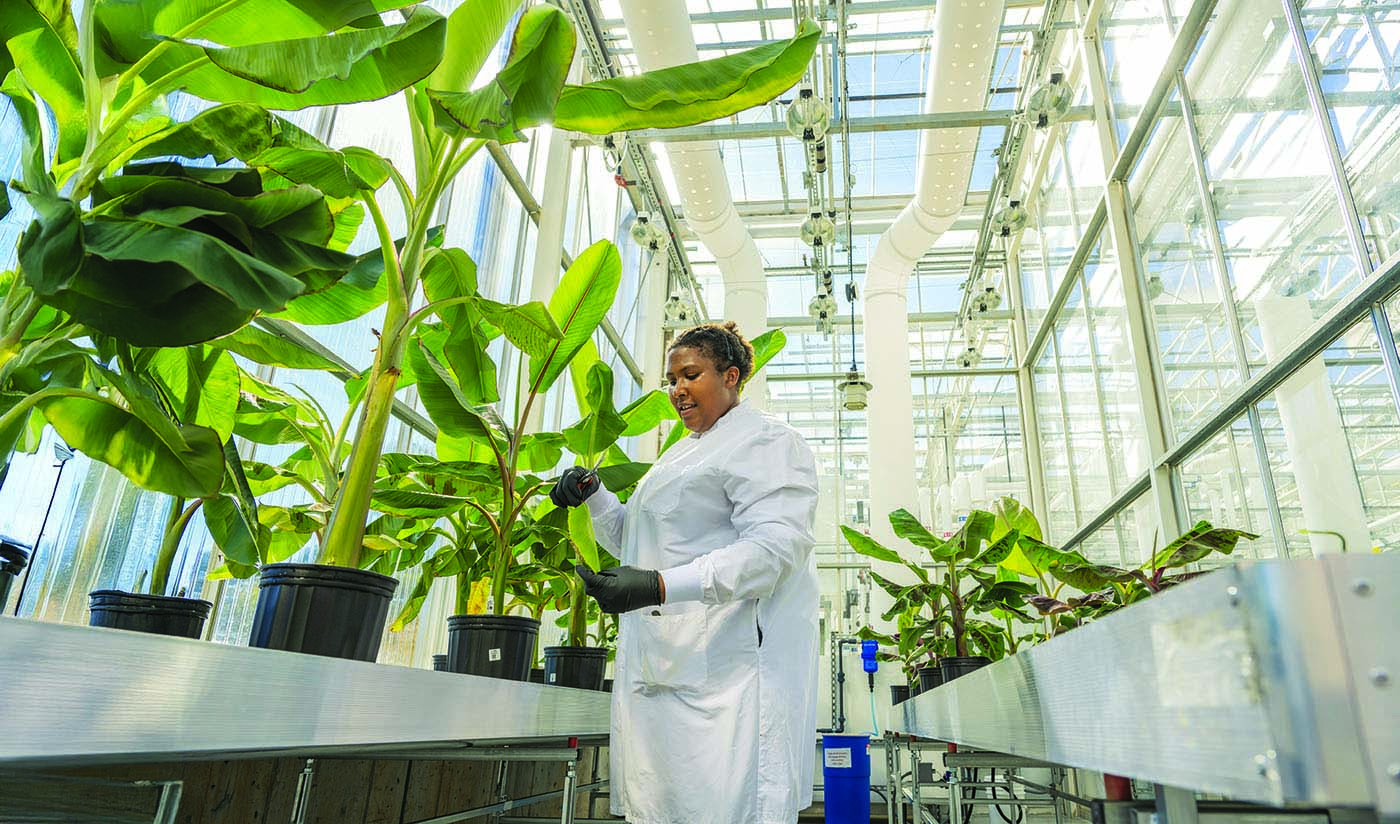CRISPR Revolution: How Gene Editing Is Transforming Agriculture's Frontline

Revolutionary Gene Editing Transforms Agricultural Innovation
In the rapidly evolving world of agricultural science, cutting-edge gene editing technologies are ushering in a new era of crop development. Researchers are now wielding powerful molecular tools to create plant varieties that promise unprecedented yields and remarkable resilience against environmental challenges.
Advanced techniques like CRISPR are enabling scientists to precisely modify crop genetic structures, targeting traits that enhance productivity, drought tolerance, and disease resistance. These groundbreaking approaches go beyond traditional breeding methods, offering a more targeted and efficient pathway to developing superior agricultural products.
By strategically manipulating plant genomes, researchers can now develop crops that can thrive in increasingly unpredictable climate conditions. From drought-resistant wheat to nutrient-enhanced rice, these innovative varieties represent a critical solution to global food security challenges.
The potential impact is profound: higher-yielding crops that require fewer resources, can withstand extreme weather, and provide enhanced nutritional profiles. As these technologies continue to advance, they hold the promise of transforming global agriculture, supporting sustainable food production for a growing world population.

